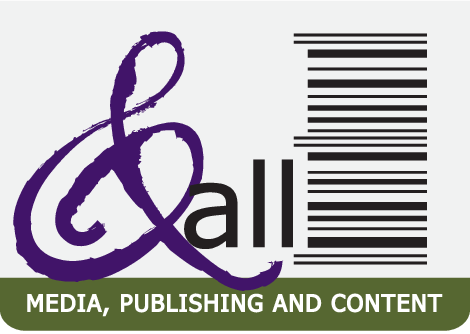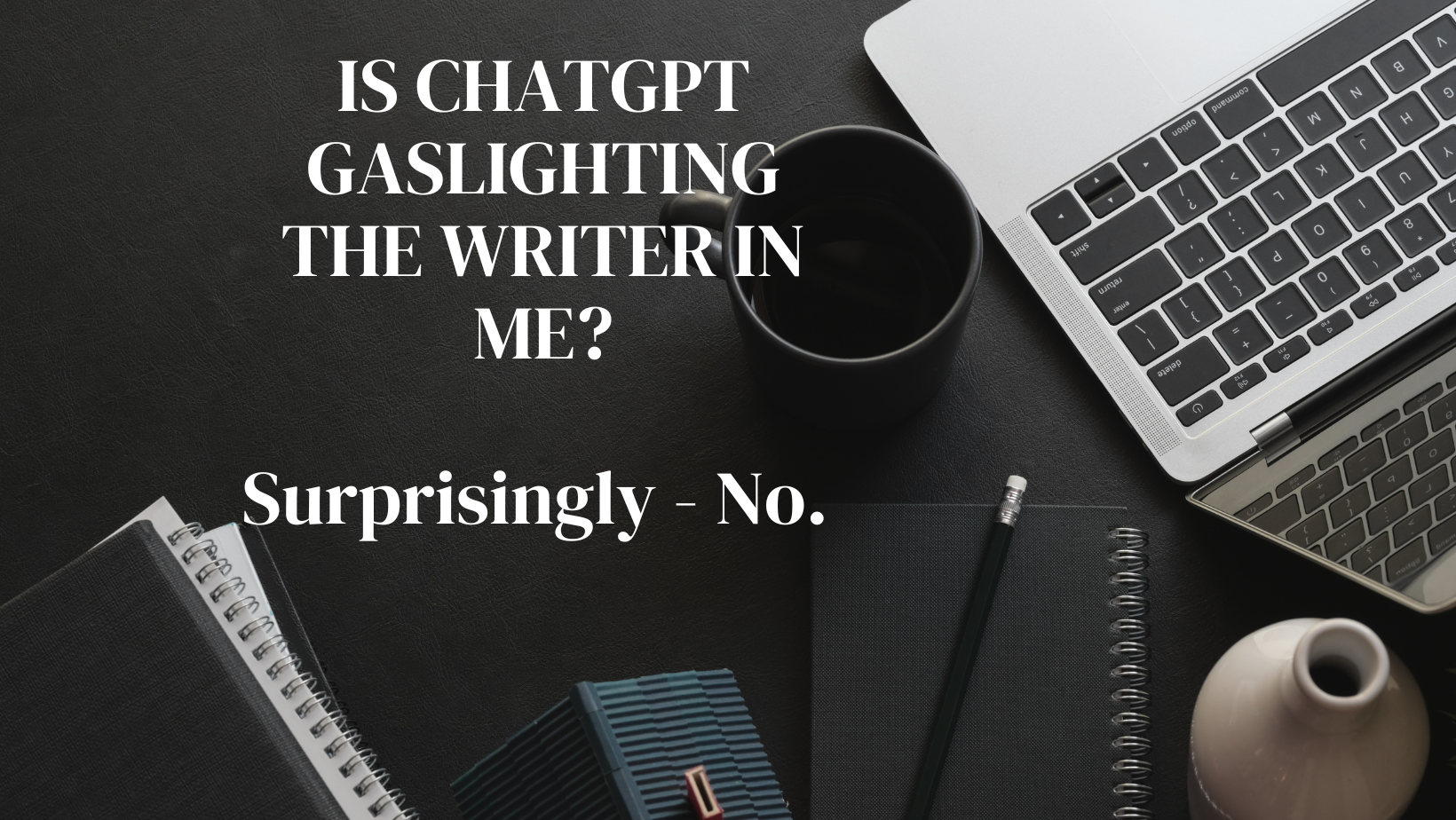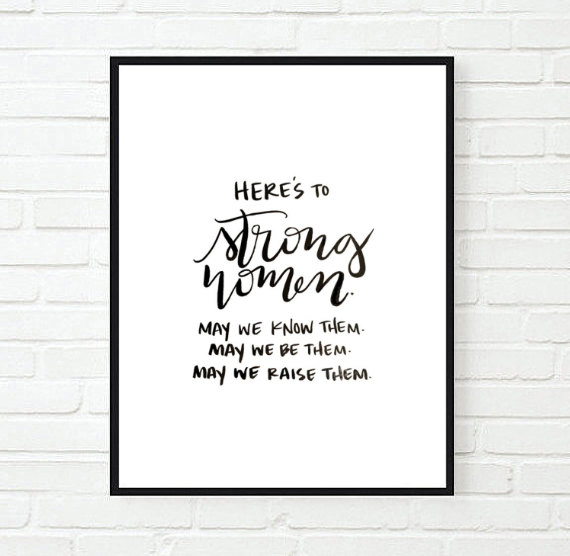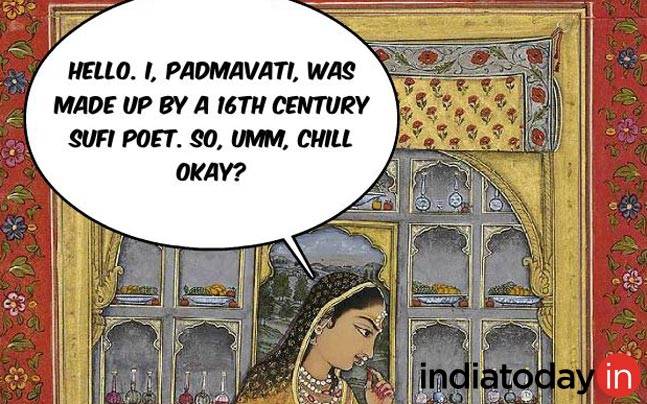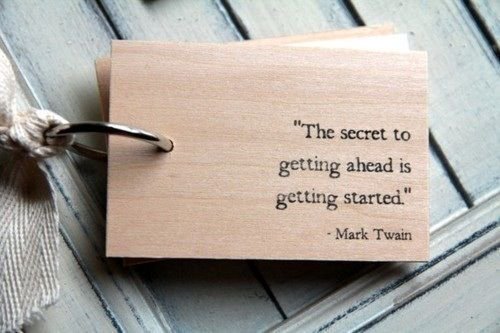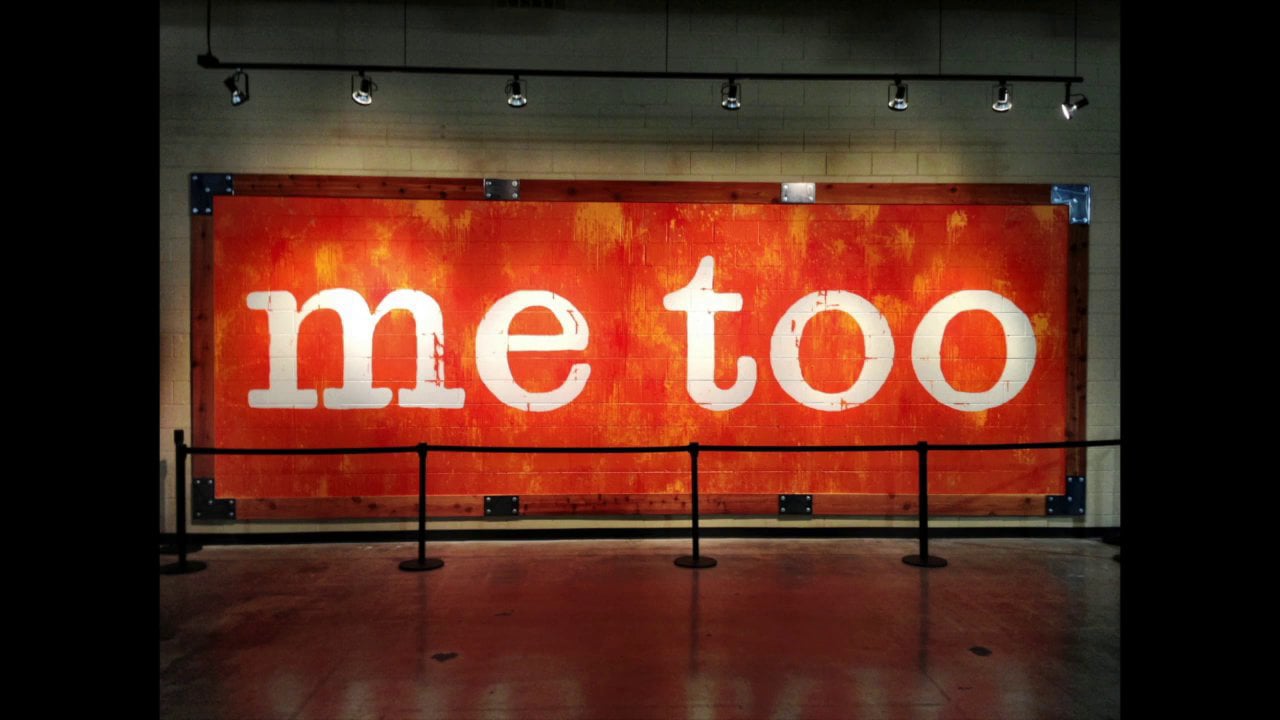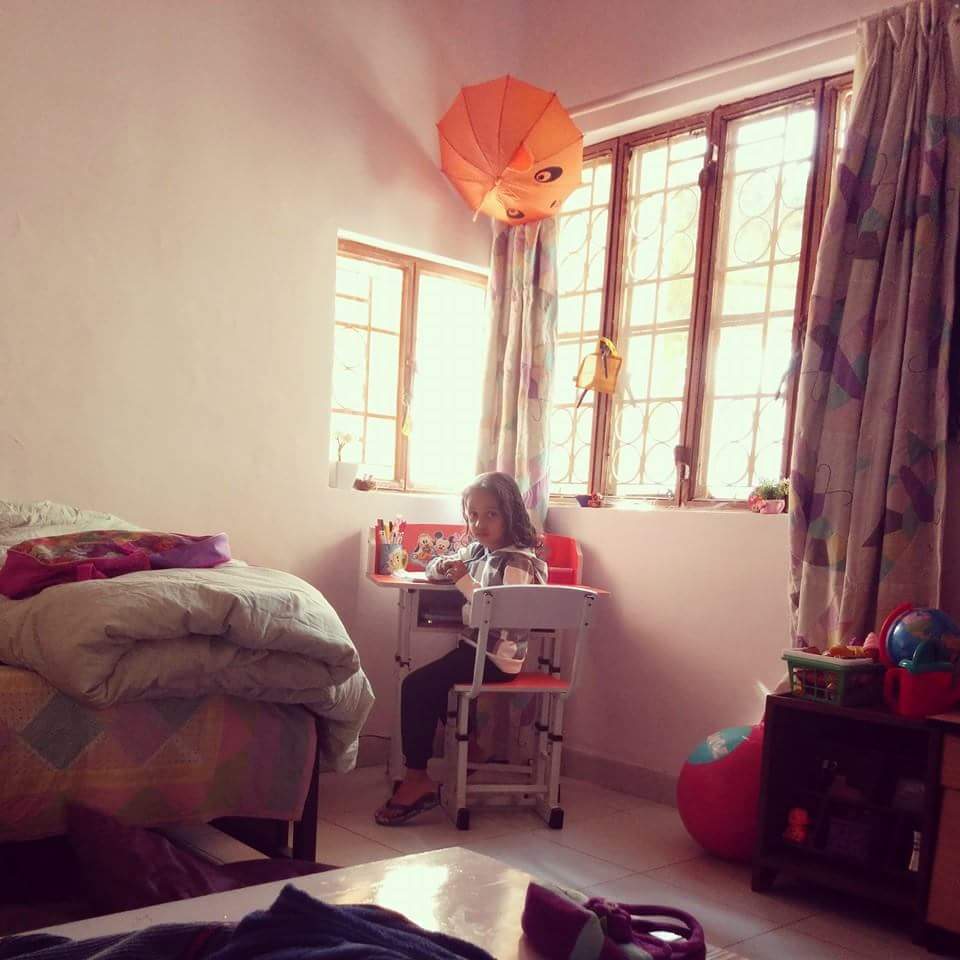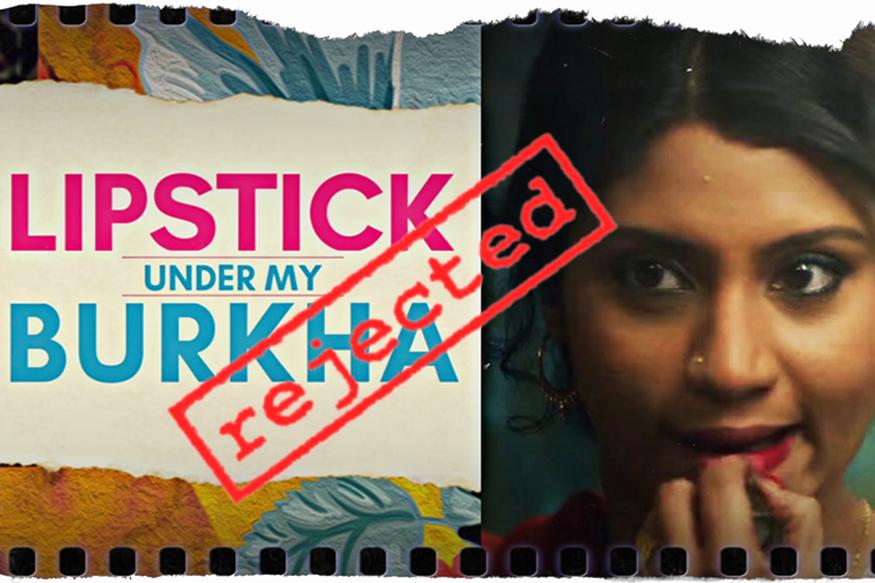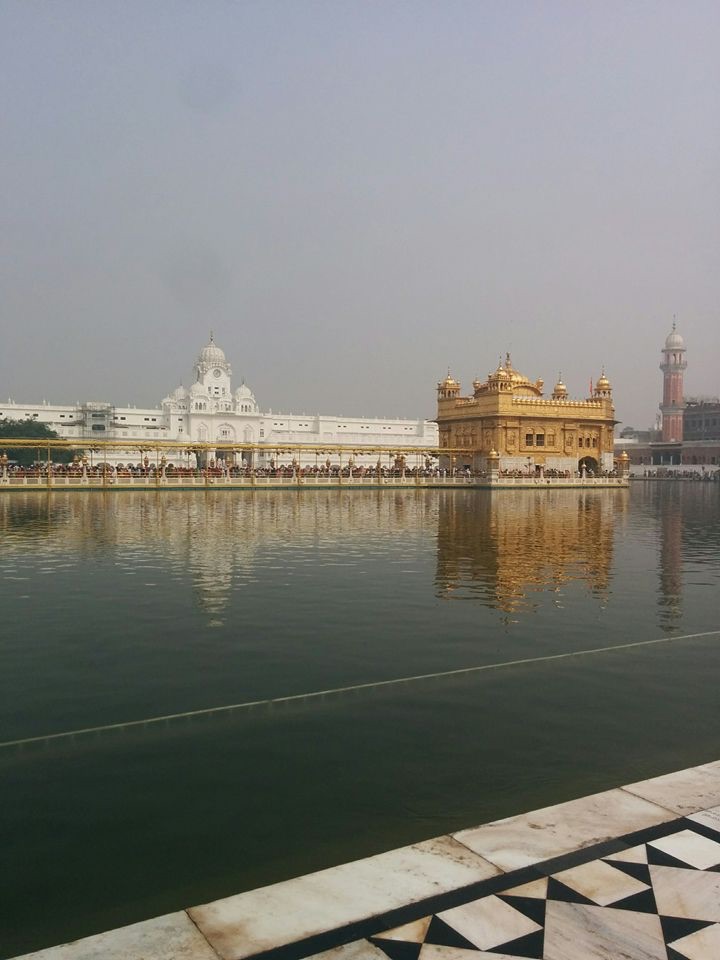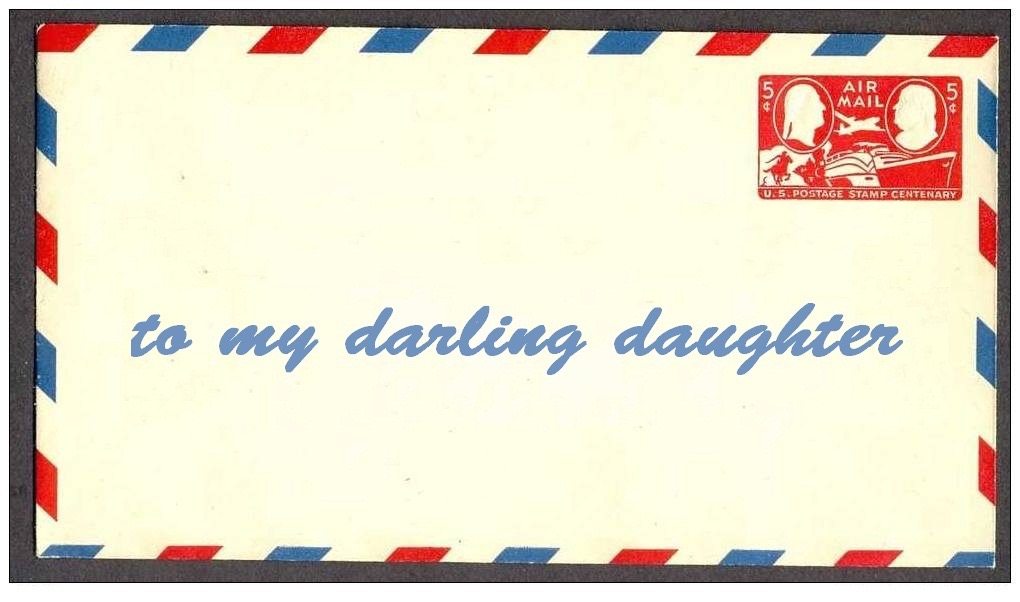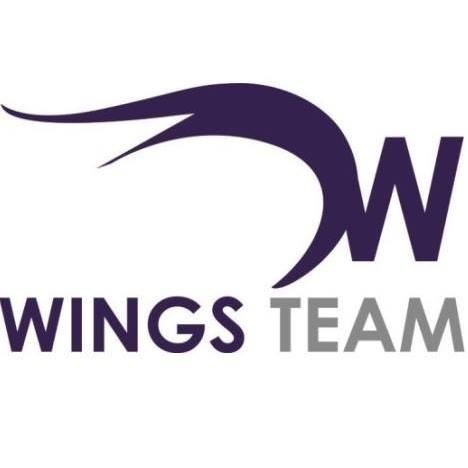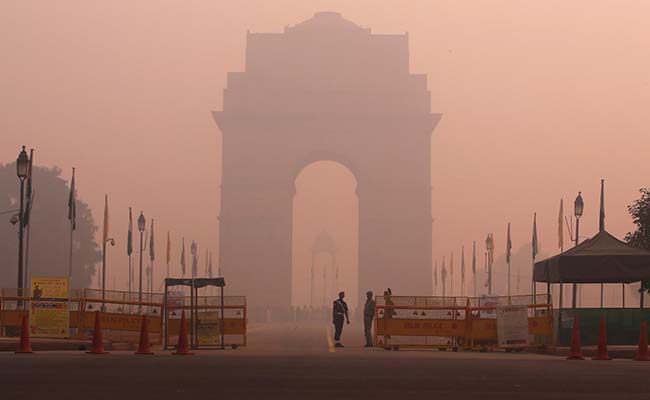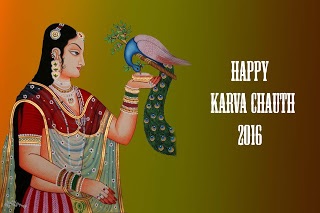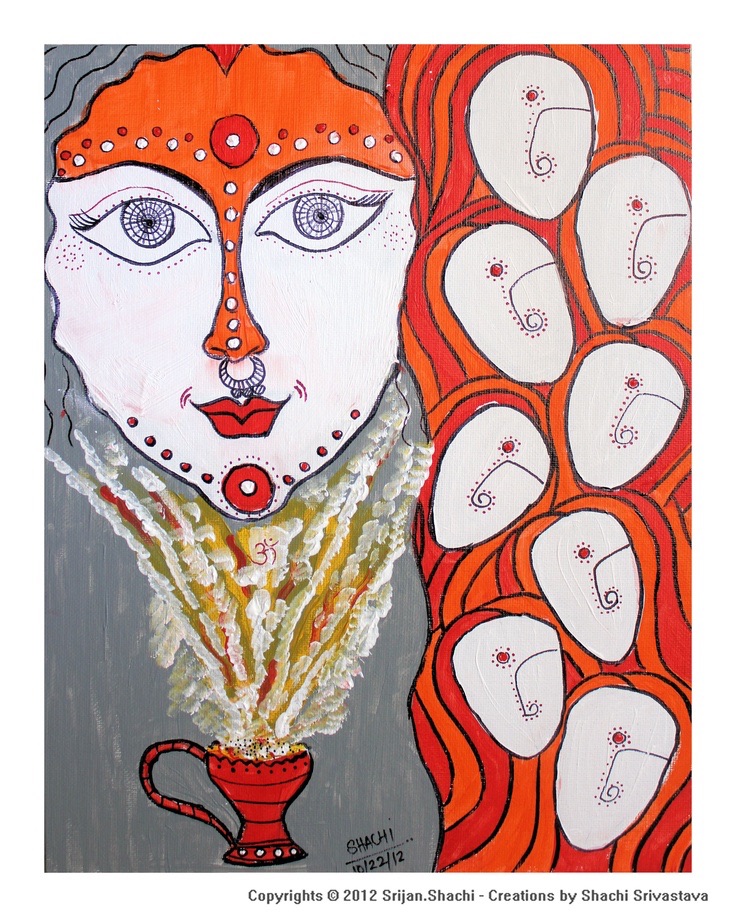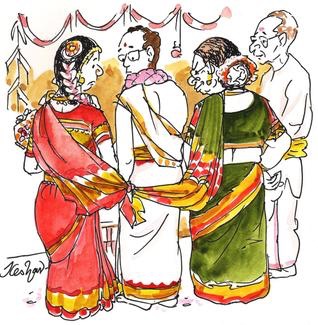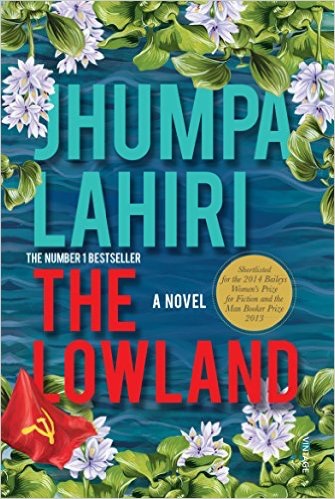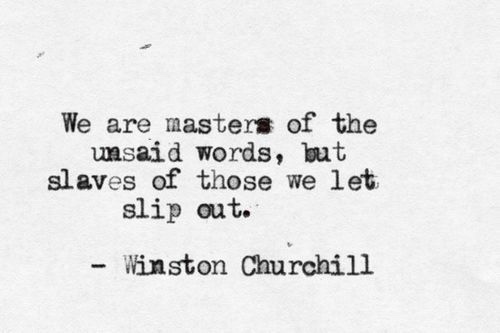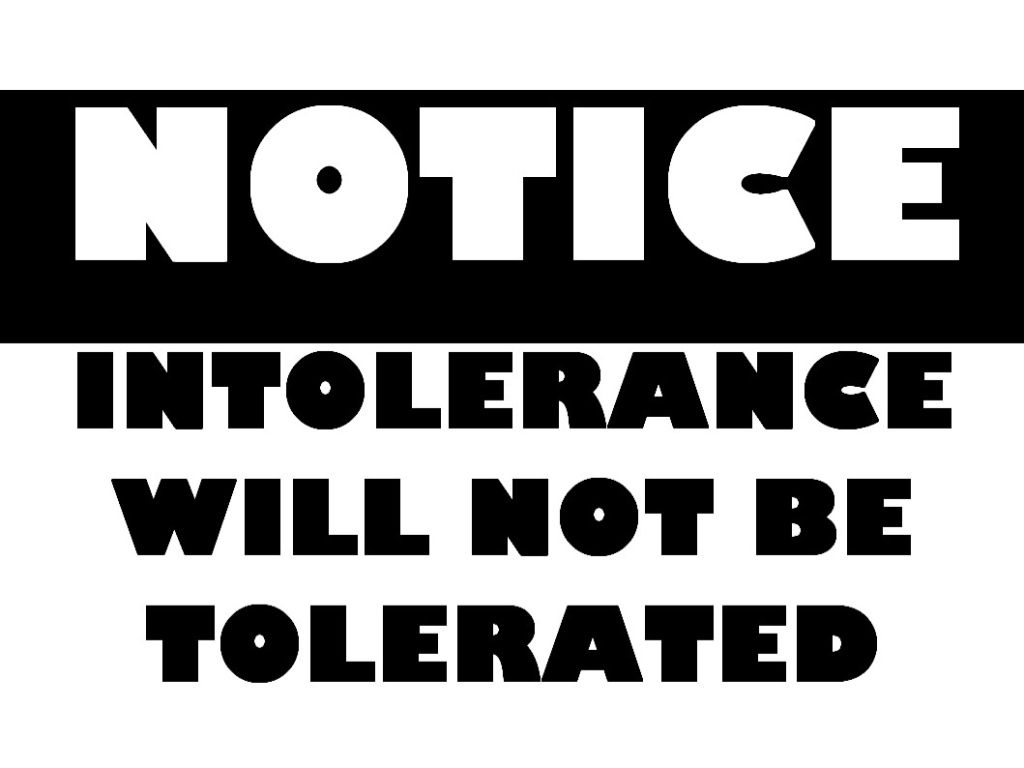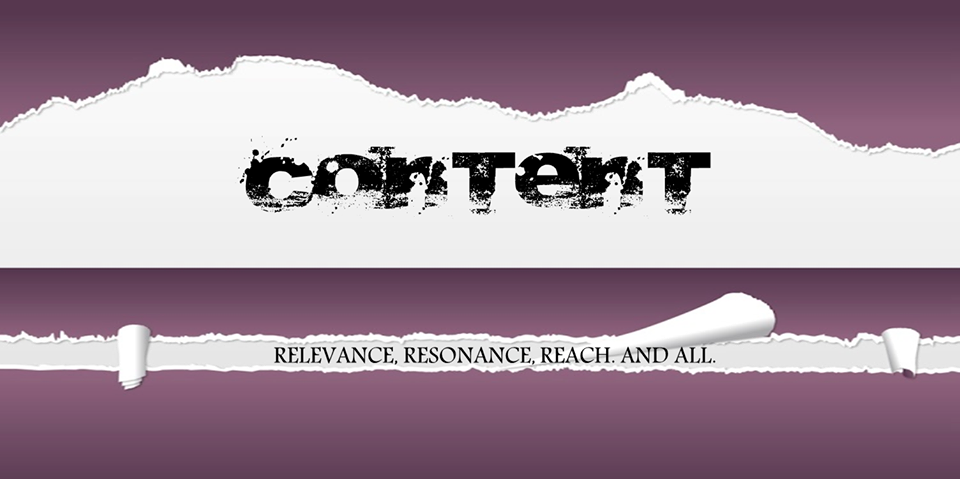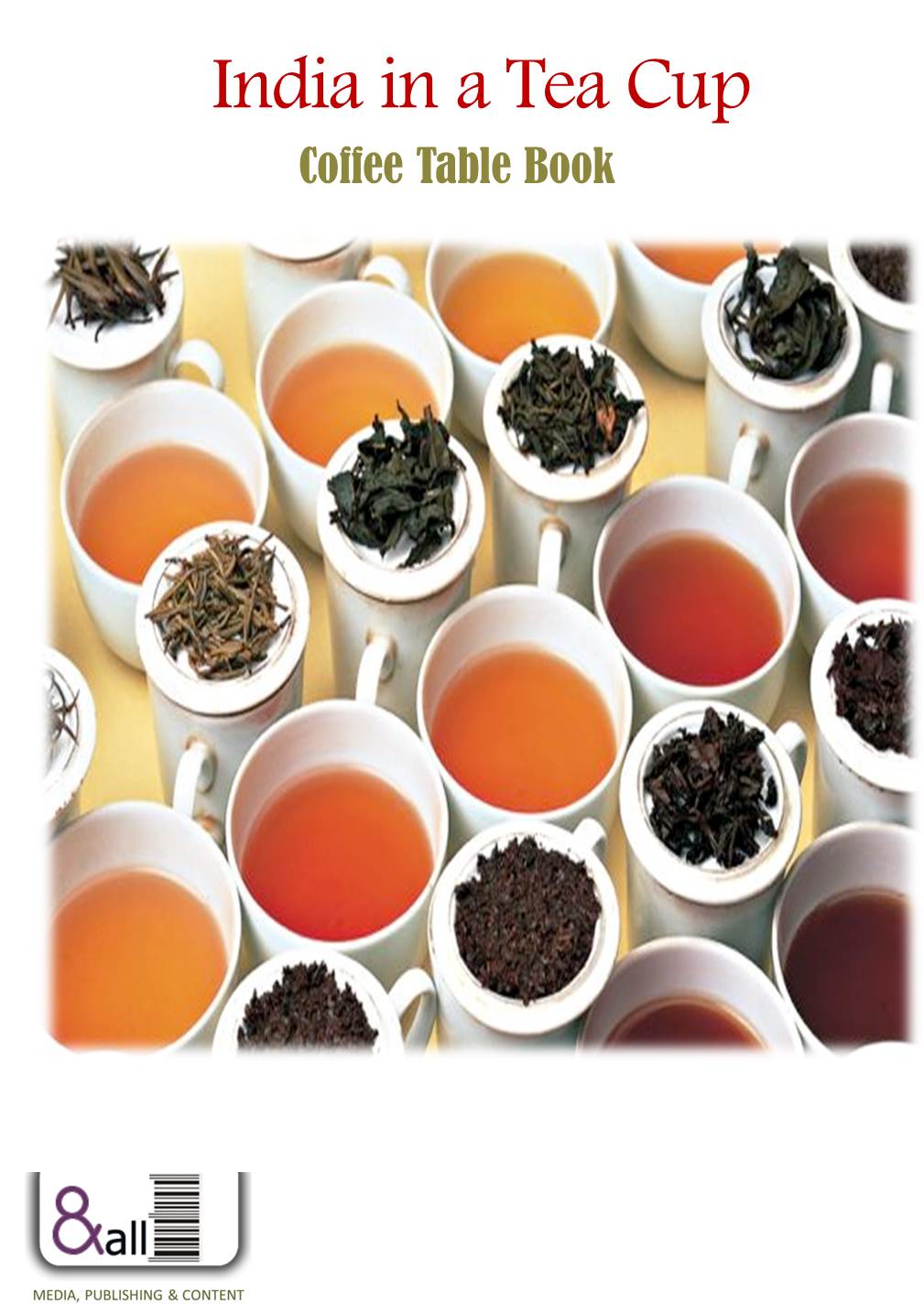
In the world of books, authors often scramble to make their voices heard. And there are a number of ways to do so, depending on your calibre and your standing as an author. While traditional publishing still remains a good, albeit slow, route towards securing your book on bookshelves, there are a number of other ways to get the word out on the street! Self publishing is one such method.
A lot of people visibly cringe at the term. Self publishing seems to be a dirty word today. Contrary to popular belief, self publishing is not the name of some kingdom you are banished to if you are not good enough for traditional publishers to consider you. Let us talk in terms of numbers for you to understand this a little better.
As per numerous sources, India is one of the largest publishers of books in the world after Finland and Thailand; and the 6th largest book publisher in English. The India Book Market Report by Nielsen (an international rating brand), pegs the Indian publishing market at 26,000 Cr INR, which is about $3.9 Billion USD, including imports. Around 90,000 books are published in India every year, and 70% of this chunk belongs to educational books, which leaves us with a competition of 30% of these books (roughly 27000 titles). Currently, out of 30% of the existing competition, which is roughly 27,000 titles, approximately 16,000 come from self publishers.
Why do these 16,000 odd titles come from self publishing houses? Simple – because traditional publishing houses do not have the means or the process to handle such a quantum. The traditional publisher will often take a quarter to get back to you on your manuscript – and that too, only if you are already a well known name in your niche, or have made a mark as a columnist. Since many of us are mere mortals who have toyed with the idea of coming out with a book for the first time, even as we are juggling full time jobs, this may not be such a great idea. And more often than not, the carefully written manuscript may find itself languishing at the bottom of the pile as more lucrative ones are given precedence based on the pedigree of the author. So how can you get considered if this is your first foray into the land of literature, right? Of course, there are stories of people making it big with their very first manuscript, but these are miracle based cases backed by the attention of equally busy literary agents.
So, if you want to start out by making a mark with a book – then self publishing would be the ideal way for you to go. Going all out to find a printer, explaining crucial printing values ( half of which you may not even know or which may not be obviously out there on Google), and then editing a book and promoting it may all seem doable. But it is a job best left to professionals. You will not only be saving time, but you will also be saving money. Let us break this up for you.
Editing and writing are two jobs that necessarily need to be done by two separate individuals. Why? Because, as a writer, you know the flow of the words like the back of your hand and you will tend to skip the structural and grammatical errors as your brain puts on its auto reading mode. Also, there may be concepts and events that would be well etched out in your head, but the reader may require a little more convincing. Only an editor can point out these things to create a well polished and wholesome manuscript.
Now, a graphic designer and printer will come together to design the book in terms of cover, overall design, and layout of chapters before moving on to the quality of paper to be used and the kind of printing values to be brought forth. These are things that need to be set before the copy is out. Because if you think this is a DIY thing you can learn from Google and apply to your book, you will be left with many sleepless nights as you apply the learnings, and the copy that finally reaches your hands may look very different from what you had envisioned.
Finally, promoting your book and building an author brand is a full fledged function that needs to be carried out by a team of professionals who will have contacts in the industry for bookstore launches and press releases, along with book reviewers and book clubs. You may want to leave the job to them and promote the book from your own end as and when you can devote time every day or every week.
So, you are not paying for something that has so far been viewed as a short cut to traditional publishing – you are making an investment into your author brand. If you look at all these services and do a little bit of math about the cost and the time spent, you will realise that you are better off handing over the entire thing to a reliable self publishing house, while you do what you do best – write your book! Our disclaimer is this: choose a self publishing house that will treat your manuscript as a precious property they are set to acquire; meet the team and have a look at the fine print when it comes to what all they will handle for you from editing to promoting and everything in between. Self publishing is a gamut run by a group of dedicated individuals who are doing what they are doing as their daily bread and butter – so you would do well to rely on them to seamlessly publish your tome.
All the best and happy writing!
